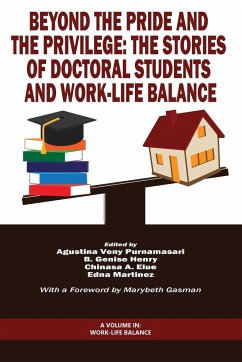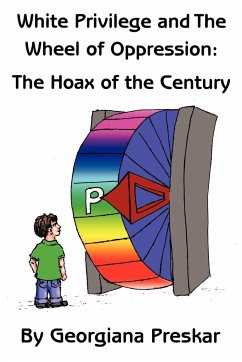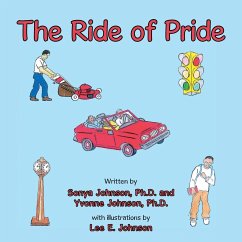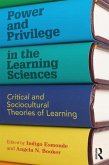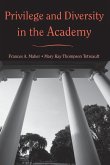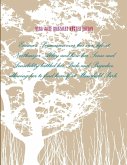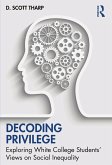A volume in Work-Life Balance Series Editors: Joanne M. Marshall, Iowa State University, Jeffrey S. Brooks, Iowa State University, Bonnie C. Fusarelli, North Carolina State University, Catherine A. Lugg, Rutgers University, Latish C. Reed, University of Wisconsin-Milwaukee, and George Theoharis, Syracuse University Attrition among doctoral students has become a perennial issue in higher education (Gardner, 2009; Golde, 2000) as 40 to 60 percent of doctoral students do not complete their program of study (Bair &Haworth, 2005). Such outcomes are inconsistent with the rigorous evaluation that occurs prior to being accepted into a doctoral program (Bair & Haworth, 2005). Despite deemed levels of student excellence, promise and efforts made by programs to counter student departure (Offerman, 2011), attrition rates remain alarmingly high (Bair & Haworth, 2005; Gardner, 2009). The purpose of this book is to provide a view into doctoral student work-lives and their efforts to find a balance between often seemingly conflicting responsibilities. In addition to contributing to the ongoing dialogue on work-life balance in doctoral studies (Brus, 2006; Golde, 1998; Moyer, Salovey, & Casey- Cannon, 1999), the intention of this book is to provide other doctoral students with potential coping mechanisms, guidance, and assurance that they are not alone in this process. Lastly, we anticipate that these doctoral student narratives will help illuminate potential strategies that doctoral programs, departments, and institutions can incorporate in their efforts to help students successfully complete their program of study. As such the intended audience is doctoral students, higher education professionals, faculty members, and educational leaders.
Hinweis: Dieser Artikel kann nur an eine deutsche Lieferadresse ausgeliefert werden.
Hinweis: Dieser Artikel kann nur an eine deutsche Lieferadresse ausgeliefert werden.

